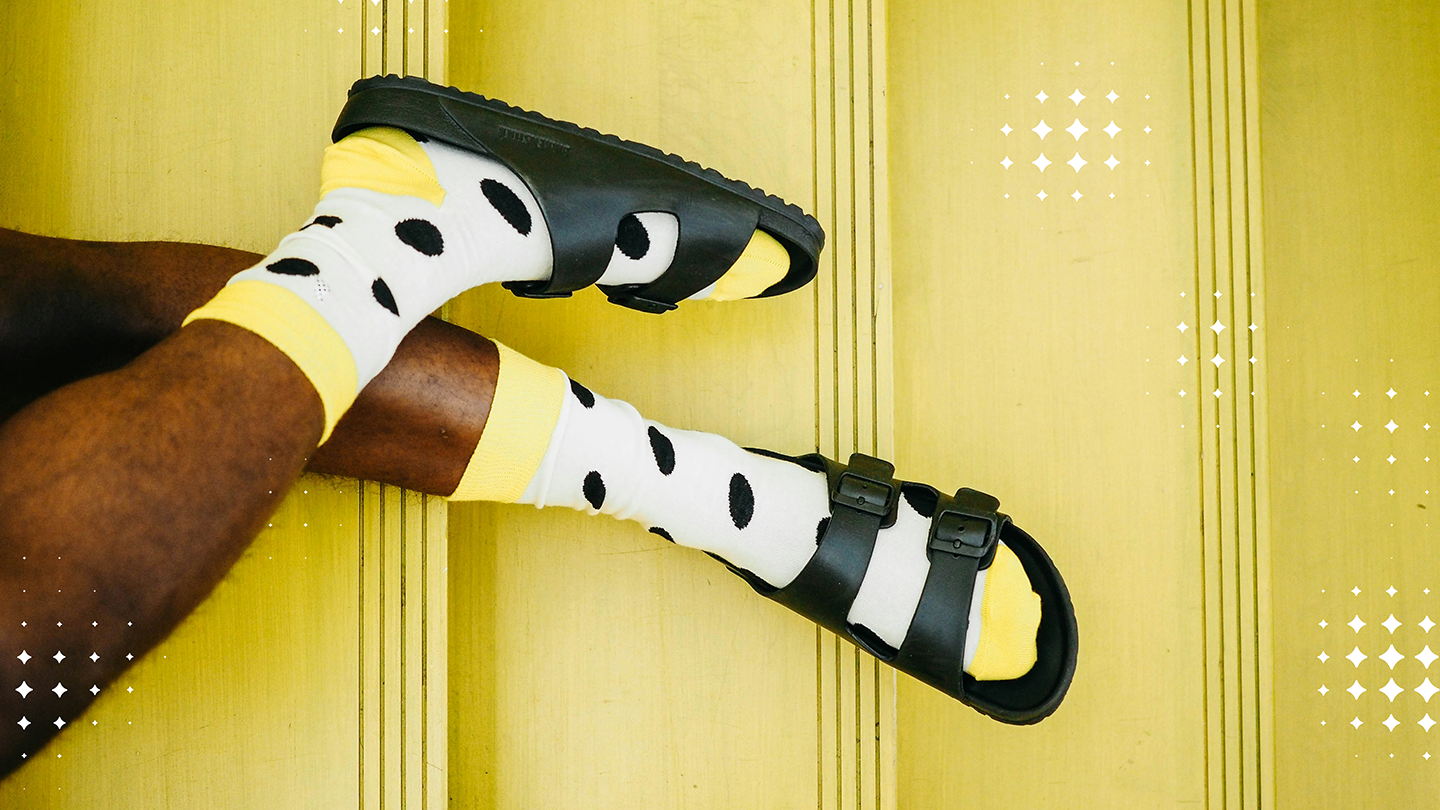The Birkenstock case: The Sandals Are Design, Not Art
- Firstpage
- IP & Trademarks

The much-loved Birkenstock sandals are not considered works of art, at least not in Germany.
The Background:
The Birkenstock group, a major player in the footwear industry, has sued several imitators of its iconic sandals, claiming copyright infringement.
Birkenstock argued that its famous shoe designs should be considered eligible for protection under copyright as works of applied art under German law.
The company claimed that the defendants’ products infringed such copyright.

Like the Porsche 356 or Bauhaus-inspired creations, Birkenstock asserted that its sandals deserve the same exclusive rights granted to artists and creators under copyright law.
The case reached Germany's highest court, following two previous rulings that reached opposite conclusions about whether the term 'applied art' could be applied. Cologne’s higher regional court concluded that the design lacked any artistic achievement.
Chris Sleep, Head of Litigation and Dispute Management comments on the background:
“With online shopping and platforms like TikTok, fashion brands face a growing threat from the rise of ‘dupes’ and ‘dupe culture.’ Consumers’ attitudes are shifting—not only is there a greater acceptance of lookalike products, but some even see ‘dupes’ as desirable, almost a badge of honour. This case highlights the lengths brands must go to, testing IP law in new ways to secure an enhanced level of protection to help combat lookalike products.”
The outcome:
Initially, the district court sided with Birkenstock, upholding their claims. However, the Court of Appeal unexpectedly overturned this decision and denied copyright protection for the sandal designs.
Silvia Asioli, Country Manager Italy and Partner, discusses the case outcome:
"The case was ultimately decided by the Federal Court of Justice, the highest court in Germany. The federal court ruled that the appellant’s claims were unfounded and upheld the appellate court’s decision. The judges stated that copyright protection can only be granted if there is sufficient creative freedom for the artist."
In this case, the creative freedom was deemed to be significantly constrained by technical requirements that heavily influenced the final design of the sandals. As a result, while Birkenstock sandals are certainly well-designed and eligible for design registration (lasting 25 years), according to the Federal Court they do not meet the criteria for artistic protection because the level of creativity involved is not sufficiently high.

The Cofemel Ruling:
This decision reopens discussions on IP protection in the fashion industry and recalls the Cofemel ruling by the CJEU which established that copyright protection applies to fashion designs if they meet the originality requirement, meaning that they reflect the author’s creative choices and are not imposed by function alone.
Cofemel expanded the scope of copyright in fashion, challenging long-standing distinctions between applied art and industrial design and rejecting the idea that applied art, such as clothing or furniture, should be subject to stricter protection requirements than traditional artistic works like paintings and sculptures.
Is Birkenstock a shift in IP protection for fashion? In conclusion, it seems that Birkenstock sandals are far more popular with consumers than they are in courtrooms

Contact us
Do you want consulting, advice or are interested in any of our legal services? Contact us and we will help you!


